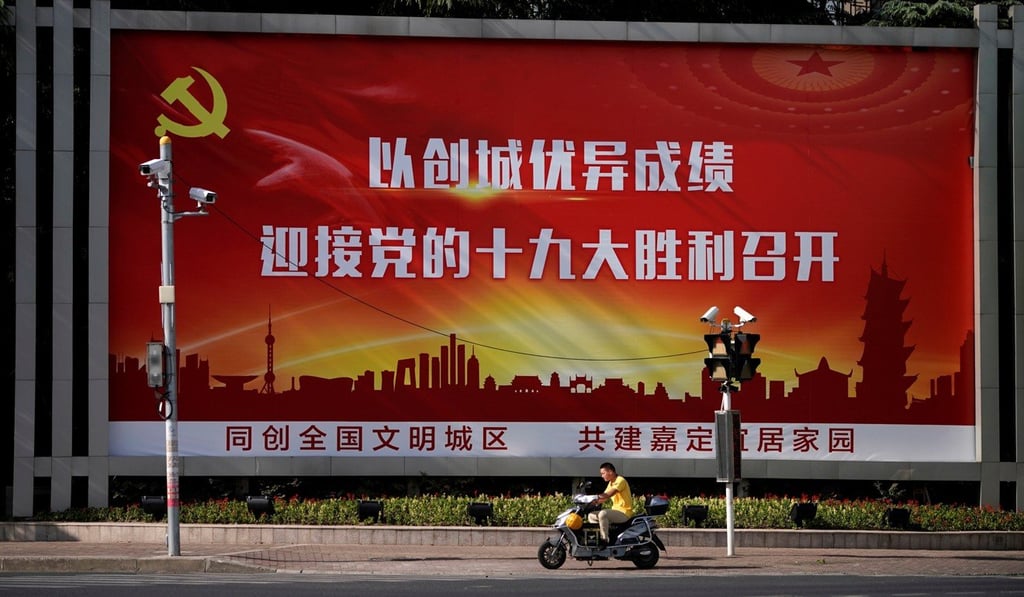Why economic reforms in China mean a bigger role for the state
Max Zenglein says under Xi Jinping, the state’s role in economic planning has only increased, and signs point to more controls being announced at the 19th Party Congress, rather than liberalisation, given that national interests take precedence over market principles

Rather than breaking up state monopolies, China’s reforms of state-owned enterprises (SOEs) focus on mixed ownership and public-private partnerships. The idea is to bring in private companies to help transform SOEs into financially sound, innovative and internationally competitive national champions.
In this process, the country’s private tech giants are particularly vulnerable to more government influence. Sectors such as artificial intelligence, big data, digital payment systems and industrial robots are seen as crucial building blocks for establishing China’s global technological leadership. Now that their products fall in the range of national strategic economic interests, they are at risk of closer state entanglement.

Xi Jinping’s political thought will be added to Chinese Communist Party constitution, but will his name be next to it?
